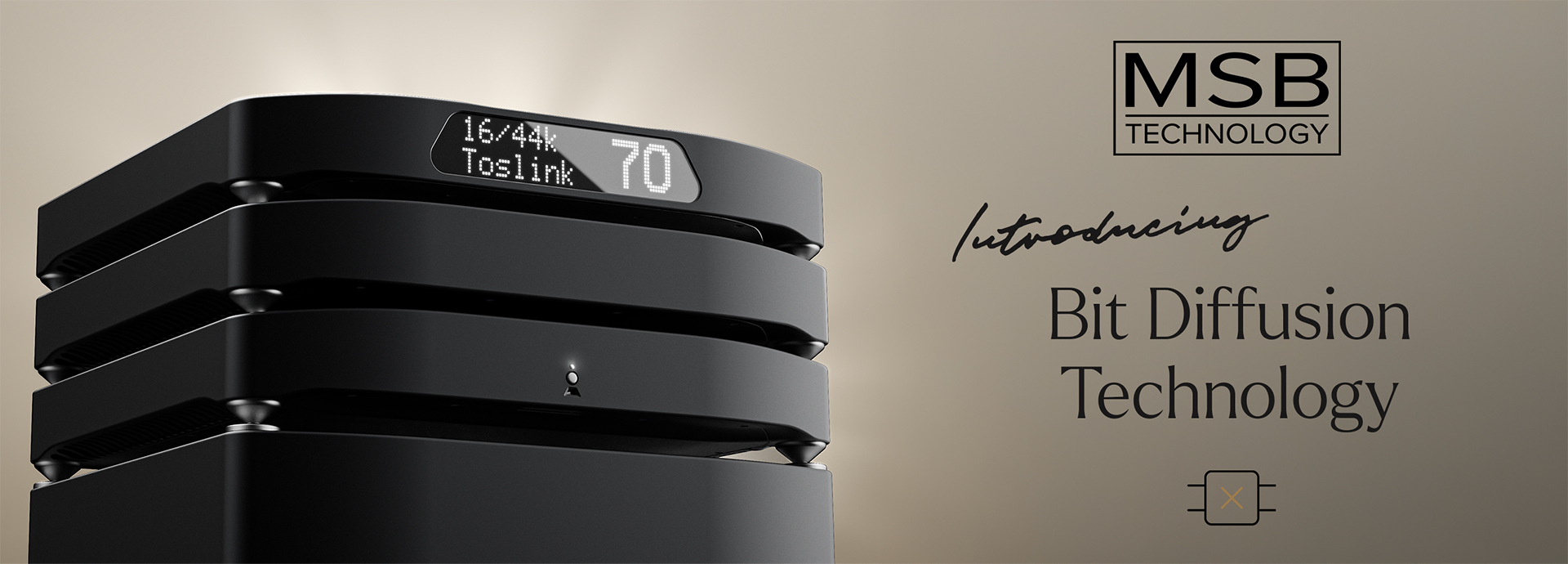Ok, thanks for the correction.
Here's my take on some part of what might be happening - our auditory perception analyses & perceives certain types of noise as a background separate to the foreground music. This, I believe occurs if the noise is random (Gaussian). This is the sort of noise encountered in good tape & vinyl playback & because it is analysed as a separate entity, can easily be ignored when we focus on the foreground sound. As the noise moves away from random, it becomes more & more intrusive i.e. less easily ignored. The reason is found in ASA
According to Auditory Scene Analysis (ASA), auditory perception works by analysis & categorising of the auditory signals into auditory objects - one of which is what we term the background/room/ambience.
So what I mean by intrusive is that this noise is no longer categorised as background & now becomes a signal that our auditory perception tries to categorise as part of one of the existing auditory objects already determined as part of the auditory scene. It can't do this if the noise is between fully Gaussian & fully patterned i.e. if it is fluctuating. This inability to categorise the 'noise' leads to an unease & feeling of tiredness, digititis.
Most of what goes on in our auditory processing is not available to consciousness & readily examined - it has its effect but we don't recognise the origin of this effect.
Now it may be that digital is a victim of it's own success - it's noise floor as measured with standard measurements show exemplary low noise i.e there is a very low level of Gaussian noise. But if these measurements are failing to identify fluctuating noise but our auditory perception is then we have this dichotomy between measurement & perception. In a system with low Gaussian noise any fluctuations in noise will stick out as there is no perceived 'background noise' into which this fluctuation can be categorised.
Perhaps, in tape & vinyl, where there is a higher level of Gaussian noise, our auditory perception much more easily categorises any noise fluctuations as part of this ground noise? Think of dithering but at a much more macro level - a new term "macro dithering" - you heard it here first

Rather than poo-pooing the 'noise' of analogue & the superiority of digital noise level, as I've seen being done in the past, it may be pointing out how our auditory perception works & what is important to it.


